The BNP, if voted to power, will bring sweeping reforms to strengthen democracy, make parliament effective, establish the rule of law and ensure independence of the judiciary, according to its manifesto for the December 30 polls.
In the manifesto, the party pledges to protect freedom of speech and expression by scrapping what it says are black laws including Digital Security Act, Special Powers Act and Official Secrets Act.
It also promises to form a commission to restructure the administration and decentralise power by making local government bodies stronger.
“I am announcing the manifesto on behalf of former prime minister and BNP Chairperson Khaleda Zia and I want to assure you that no revenge will be taken on anyone if the BNP is voted to power,” said BNP Secretary General Mirza Fakhrul Islam Alamgir at a press conference at a city hotel.
Since Khaleda's taking the helm of the BNP in 1984, this is first time the party announced its election manifesto when she is behind bars.
The BNP chief has been in jail since February 8 being convicted in a graft case. Her hope of participating in the polls has been diminished as the High Court yesterday summarily rejected three writ petitions challenging the Election Commission decision that upheld the cancellation of her nomination papers by returning officers.
“We hope that you [people] will cast your votes for establishing honour and dignity of Khaleda Zia and Tarique Rahman,” Fakhrul said.
BROKEN PROMISES
In the manifesto, the BNP says annual wealth statements of prime minister, ministers, lawmakers and high government officials will be made public every year.
The party had made such a pledge in the run-up to the 2001 parliamentary polls. But it seemed to have forgotten that after assuming office.
The manifesto says the party will scrap the Special Powers Act, 1974. It made the promise earlier in 2001.
While in office from 2001 to 2006, the party did not ensure the separation of the judiciary from the executive branch.
It now pledges to place the lower judiciary under the control of the Supreme Court instead of the president through an amendment to the constitution.
A commission will be formed to bring necessary reforms to the judicial system, according to the manifesto.
The party will put in place an institutional system to appoint efficient judges to remove the current case backlog.
The manifesto says the party will stop extrajudicial killings, a menace that began when the BNP was in power in 2001-06. It did not take any step to prevent its recurrence.
It promises to ensure freedom of speech and lift all restrictions on social media use to let people express their opinion freely.
But it is the BNP-led government that enacted the Information Technology Act in 2006 keeping section 57, a controversial provision widely abused to gag freedom of speech and expression in recent years.
NEW MODEL OF POLITICS?
If voted to power, the party wants to introduce a “new model” of politics free from vengeance and revenge.
For this, it wants to form a “national commission” to reach a social agreement and introduce a new political culture. The commission will be formed with the leader of the House, the opposition leader and eminent citizens of the country.
But when the party was in power, a heinous grenade attack was carried out on the then opposition leader Sheikh Hasina's rally on August 24, 2004 in an attempt to assassinate her.
A number of BNP leaders and senior officials of intelligence agencies were allegedly engaged in the conspiracy to launch the attack.
The BNP promises to introduce an election-time caretaker government in consultation with all the other political parties.
Interestingly, the party was blamed for doctoring the now defunct non-partisan caretaker government system in 2004. In that year, the BNP-led government had increased the retirement age of the Supreme Court judges by amending the constitution.
This had ensured that a certain chief justice would assume office of the chief adviser after his retirement during the 2007 parliamentary polls.
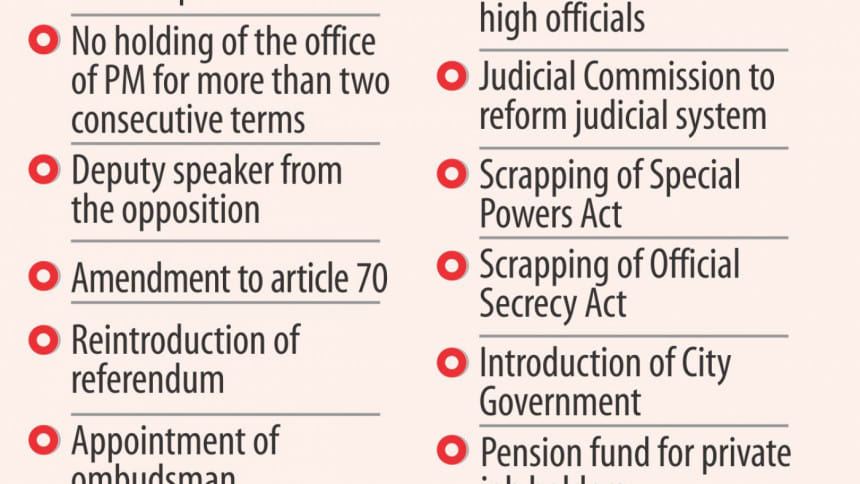
The then AL-led opposition strongly opposed it and launched massive street agitations. The country was plunged into chaos.
The BNP, however, now seeks to introduce a “future-oriented” political culture which would be against the politics of vengeance and revenge.
It pledges to promote a culture of tolerance in politics which will encourage political leaders not to make objectionable comments on national leaders.
On Monday, Jatiya Oikyafront, a combine of BNP and some other political parties, rolled out its electoral manifesto. Most of the promises of Oikyafront are similar to that of BNP.
Both the alliance and the party pledge to appoint ombudsman, a constitutional post to ensure transparency in the administration.
BNP's promises also include ensuring the balance between the powers of the president and the prime minister by amending the constitution.
In 2002, the then ruling BNP was widely criticised for forcing Badruddoza Chowdhury to step down as president.
It also promises to check corruption.
But during its 2001-06 term, Tarique Rahman, elder son of Khaleda, set up an alternative centre of power. It was Hawa Bhaban, a two-storey building in Gulshan, which eventually became a symbol of corruption, reckless power abuse and patronising terrorism.
Though Oikyafront promised to continue the war crimes trial, BNP manifesto remains silent on this.
OTHER PLEDGES
The party says steps will be taken so that one-party rule doesn't return to the country. No person will hold the post of prime minister for more than two consecutive terms, and the deputy speaker will be picked from the opposition.
The promises also include restoration of referendum system in the constitution for establishing people's democratic rights, introduction of upper chamber of the House involving people of all walks of life, increased representation of women in all constitutional institutions.
Like the Oikyafront, it also pledges to amend article 70 of the constitution to allow a lawmaker to vote against his party in parliament on issues except for finance bill and no-confidence motions against the government.
The party pledges to make public the probe reports on BDR carnage and Bangladesh Bank reserve heist and conduct more investigation into the incidents.
It also vows to place honest and efficient people in the boards of state-owned banks and Securities and Exchange Commission to prevent recurrence of share market and banking scams.
The party also says it will stop political intervention in running state-owned banks. The banking division of the finance ministry will be abolished to vest all powers in the central bank to run and oversee the banking system.
If BNP forms government, GDP growth will be pushed to 11 percent, reads the manifesto.
The party also promises to investigate “any corruption in the ongoing mega projects” although it will not stop any work in progress. After probe, the culprits will be brought to justice.
It will form a committee to review the projects taken up in haste in the last two years of the current government.
A taskforce will investigate the reasons for high cost of quick rental power projects, its manifesto said.
The BNP will bring all the foreign workers under work permit to stop money laundering and will bring them under the tax net.
It also promises to withdraw all the cases filed against students during the protests over VAT exemption, quota reform and road safety.
The party says special measures will be taken to ensure uninterrupted traffic movement when the president or the prime minister commutes.





 For all latest news, follow The Daily Star's Google News channel.
For all latest news, follow The Daily Star's Google News channel. 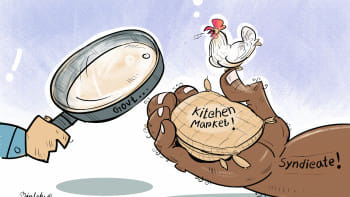
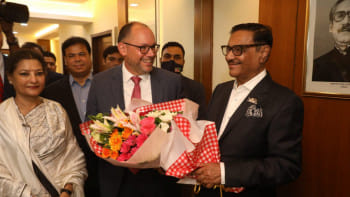
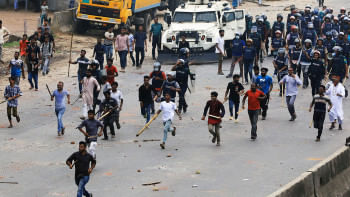

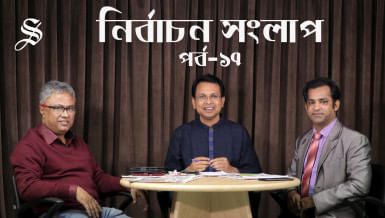
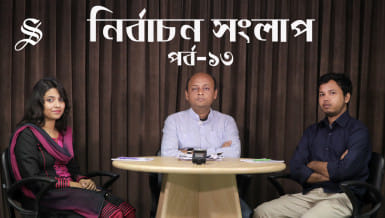
Leave your comments